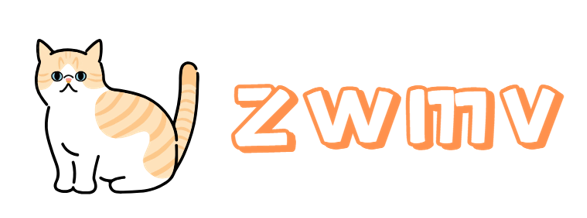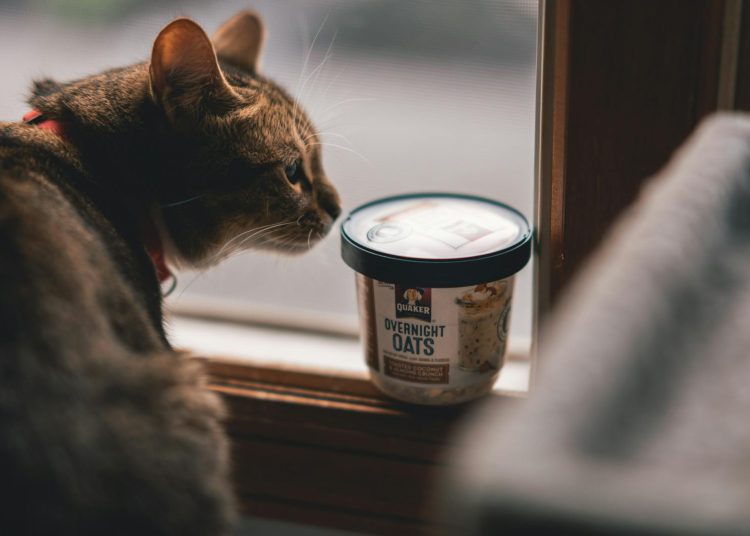Cats are fascinating animals with unique dietary requirements that reflect their evolution as obligate carnivores. Providing your feline companion with the right nutrition is essential for their overall health, longevity, and well-being. Unlike many other pets, cats have specific dietary needs that must be met to ensure they thrive, as their bodies are adapted to derive most nutrients from animal sources. In this guide, we will explore the fundamental aspects of cat nutrition, the essential nutrients they require, and how to provide them with a balanced diet.
The Obligate Carnivore: Understanding Your Cat’s Natural Diet
Cats are obligate carnivores, meaning that they need nutrients found primarily in animal tissues. Unlike dogs, which are omnivores and can derive nutrients from both plants and meat, cats are biologically adapted to eat a high-protein, moderate-fat, and low-carbohydrate diet. This diet reflects their ancestral roots as hunters who consumed prey such as small mammals, birds, and insects.
Because cats lack the enzymes needed to process plant-based nutrients efficiently, it is important to feed them animal-based protein to meet their nutritional requirements. Their metabolism is adapted to rely on proteins for energy, and certain nutrients—such as taurine, arachidonic acid, and Vitamin A—are only available in animal tissues.
Essential Nutrients for Cats
To keep your cat healthy, it is crucial to provide a diet that includes all the essential nutrients they need. These nutrients support their immune system, muscle growth, vision, and more.
1. Protein: The Foundation of Feline Nutrition
Protein is the most critical component of a cat’s diet. It provides the building blocks—amino acids—that are necessary for muscle growth, tissue repair, and overall cellular function. Cats have a higher protein requirement compared to other animals because they use amino acids not only for building tissues but also as a primary energy source.
Animal-Based Protein Sources: High-quality proteins, such as chicken, beef, fish, and turkey, are essential for your cat’s diet. Unlike plant-based proteins, animal proteins contain the full spectrum of amino acids that cats need.
Taurine: Taurine is an amino acid that is crucial for a cat’s health. It is found exclusively in animal tissues, and a deficiency can lead to serious health issues, such as heart disease (dilated cardiomyopathy), blindness, and reproductive failure. This is why it is essential to provide a diet rich in animal protein.
2. Fats: A Source of Energy and Essential Fatty Acids
Fats are an important source of energy for cats and provide essential fatty acids, which are necessary for maintaining healthy skin, coat, and cell function. Cats require certain fats, such as arachidonic acid, which are only found in animal fats and are not synthesized by their bodies.
Omega-3 and Omega-6 Fatty Acids: These fatty acids play a key role in reducing inflammation, supporting skin and coat health, and promoting cognitive function. Fish oil is a good source of omega-3 fatty acids, while poultry fat provides omega-6 fatty acids.
3. Vitamins: Essential for Growth and Health
Cats need a range of vitamins to maintain optimal health. Some vitamins can be synthesized by the cat’s body, while others must be obtained from the diet.
- Vitamin A: Cats cannot convert beta-carotene from plants into Vitamin A as dogs can, so they must obtain preformed Vitamin A from animal sources, such as liver and fish.
- Vitamin D: Cats cannot synthesize Vitamin D from sunlight efficiently and need dietary sources like fish oil or egg yolks.
- B Vitamins: B vitamins are essential for energy production, nerve function, and cell metabolism. Meat, liver, and fish are rich sources of these vitamins, which help maintain your cat’s overall health.
4. Minerals: Supporting Bodily Functions
Minerals such as calcium, phosphorus, magnesium, and potassium are vital for a cat’s bone health, muscle function, and overall well-being.
- Calcium and Phosphorus: These minerals are important for strong bones and teeth. A proper balance between calcium and phosphorus is necessary, as imbalances can lead to skeletal problems.
- Magnesium and Potassium: These minerals support nerve function, muscle contraction, and hydration. A diet lacking in these minerals can lead to muscle weakness, lethargy, or other health issues.
5. Water: The Often Overlooked Essential Nutrient
Cats have a low thirst drive compared to other animals, as they evolved to get most of their water from the moisture content of their prey. Because of this, many cats are at risk of chronic dehydration, especially if fed only dry kibble. It is essential to provide fresh water at all times and consider feeding wet or canned food to increase your cat’s water intake.
Types of Cat Food: Choosing the Right Diet
1. Dry Kibble
Dry kibble is a convenient and economical option for feeding cats. However, it often contains higher levels of carbohydrates and lower moisture content, which may not be ideal for all cats. Cats that eat predominantly dry kibble may be at risk for dehydration and urinary issues, so it is crucial to ensure they drink plenty of water.
When choosing dry kibble, look for products that list animal proteins (such as chicken or fish) as the main ingredients and avoid foods with excessive fillers, artificial additives, or plant-based protein sources.
2. Wet or Canned Food
Wet or canned food is a good option for cats, as it contains higher moisture content, which helps support hydration. These foods are typically rich in animal proteins and fats, making them an excellent choice for meeting a cat’s nutritional needs.
Canned food can be more expensive than dry kibble, but it may be beneficial for cats prone to urinary issues, as it helps maintain adequate water intake. It is also more palatable, which can be helpful for picky eaters or older cats with dental problems.
3. Raw and Homemade Diets
Some pet owners choose to feed their cats raw or homemade diets, aiming to replicate a cat’s natural prey-based diet. While this can be nutritionally beneficial, it is challenging to ensure that the diet is complete and balanced. Raw diets may pose a risk of bacterial contamination, and improper nutrient ratios can lead to deficiencies or excesses.
If you choose to feed a raw or homemade diet, it is crucial to work with a veterinarian or pet nutritionist to formulate a diet that meets all of your cat’s nutritional needs.
Special Considerations for Different Life Stages
1. Kittens
Kittens have different nutritional needs compared to adult cats. They require more protein, fat, calcium, and phosphorus to support their rapid growth and development. A diet formulated specifically for kittens is essential during the first year of life to ensure proper bone growth, muscle development, and immune function.
2. Adult Cats
Adult cats need a balanced diet that provides all essential nutrients while maintaining a healthy weight. Overfeeding can lead to obesity, which is a common issue in domestic cats and can lead to health problems such as diabetes, joint issues, and cardiovascular disease.
3. Senior Cats
As cats age, their nutritional needs change. Senior cats may benefit from a diet lower in calories to prevent weight gain, but still high in quality protein to maintain muscle mass. Joint-supporting nutrients, such as glucosamine and omega-3 fatty acids, can also be beneficial for older cats, as arthritis is common in aging felines.
Common Nutritional Issues in Cats
1. Obesity
Obesity is one of the most common nutritional problems in domestic cats. It is typically caused by overfeeding and a lack of physical activity. Obesity can lead to serious health problems, such as diabetes, liver disease, and joint pain. To prevent obesity, monitor your cat’s weight regularly and adjust portion sizes as needed. Feeding smaller, frequent meals and engaging in regular play can help maintain a healthy weight.
2. Urinary Tract Issues
Cats are prone to urinary tract problems, especially if they do not drink enough water. Feeding wet food can help increase their water intake, reducing the risk of urinary crystals or stones. Some specialized diets are formulated to promote urinary health by managing mineral levels and encouraging hydration.
3. Food Allergies and Intolerances
Food allergies are less common in cats than in dogs, but they do occur. Common allergens include beef, dairy, and fish. Cats with food allergies may experience symptoms such as itching, gastrointestinal upset, or skin problems. An elimination diet may help identify the allergen, and a hypoallergenic diet can be used to manage the condition.
Creating a Balanced Diet for Your Cat
To provide your cat with a balanced diet, it is important to choose high-quality commercial cat food that meets the AAFCO (Association of American Feed Control Officials) nutritional standards. A balanced diet should include:
- High-quality animal protein as the primary ingredient
- Moderate amounts of animal fats for energy and skin health
- Low levels of carbohydrates
- Essential vitamins and minerals to support overall health
Cats are unique creatures with very specific dietary requirements that must be met to ensure a long, healthy, and happy life. Understanding these needs and providing a diet that aligns with their natural eating habits will help your feline companion thrive.








